What should you see and do in Bern, Switzerland? Mike Yardley hops on a Globus escorted coach tour to soak in wonderous offerings of the Swiss capital
First impressions
It was my first time in Bern, Switzerland – and despite the glowering skies and rainy downpours, it’s a compact city that strikes a strong first impression. A vision of red-roofed townhouses and manicured gardens, tumbling down to the river from the city’s heart. With a population comparable to Dunedin, Bern evokes the feeling of a large provincial rather than a city, despite the fact it’s actually one of Europe’s oldest cities, with origins reaching back to the 12th century. Its urban fabric and dramatic topography, wedged around the Aare River, has driven many a passing visitor to prose. It’s also the setting for the wildly popular pastime of “wild swimming” where float down the river, powered by the river’s solid flow. From a distance, Bern looks like an island city, given the bending arc of that liquid-jade river. William Wordsworth’s sister Dorothy, gushed, “There is a beautiful order, a solidity, a gravity in this city, which strikes one at first sight.” Much of its medieval architecture has been impeccably safeguarded over the centuries, leading to the city being accorded World Heritage Site status 40 years ago.
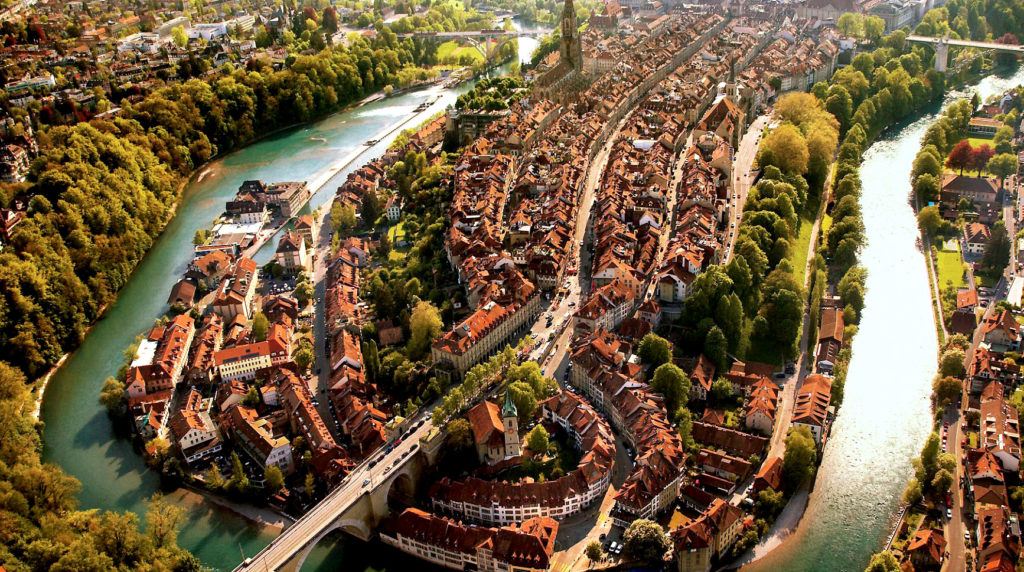
Modern meets traditional
The modern happily co-exists with the traditional in this embracing city, and in recent years, contemporary-style homes and buildings have added more texture to Bern’s urban tapestry. The city joined the Swiss Confederation in 1353, and became the seat of the federal government in 1848. Bern stands on an undulating thumb of land that’s edged on three sides by the Aare River, giving rise to its dramatic layout and the sequence of stately bridges lacing various sections of the city. A sparkling introductory to the city’s good looks is to first head to Bärengraben, the Bear Park. Yes, the bear has been the mascot of Bern since 1480. According to legend, when the Duke of Zähringen founded the town in 1191, he dispatched his hunters out into the surrounding woods, and promised to name the city after the first animal slain. It proved to be a Bär (bear), which also inspired the city’s name.
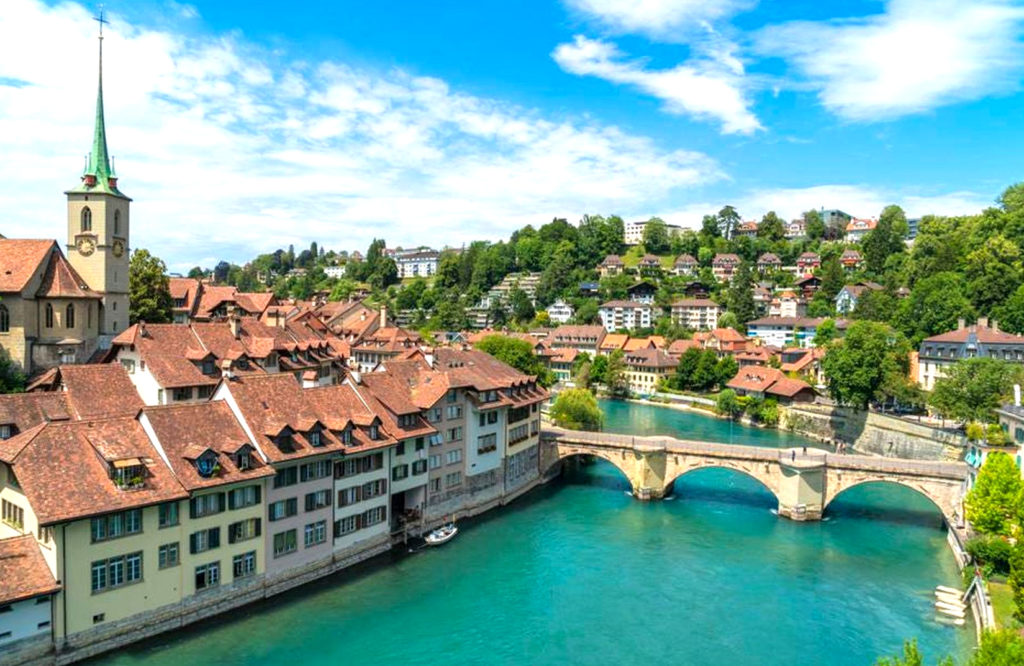
Bern’s Bear Park
Fast forward to today and Bern adores its live bears, which they’ve kept in since 1513, when victorious soldiers brought one back from the Battle of Novara. The thickly forested Bear Park enjoys an unrivalled view across the historic centre of Bern, complete with a sprawling cave where the city’s mascots can retreat from the hordes of prying eyes. It’s a far cry from the original bear pit which was the animals’ previous enclosure. Today, three brown bears are in residence: Finn, Björk and their daughter Ursina. Another cub, Berna, was moved to another zoo because she and her mother clashed. It’s open all hours and admission is free.

Renaissance Architecture
In the heart of Bern, the dignified Rathaus (town hall), endures as a stately landmark. Built in 1406 in the Burgundian Gothic style, it was restored after World War II. Even more imposing is the Bundeshaus, the Renaissance-style Federal Palace that contains the two chambers of Switzerland’s Parliament. Inaugurated in 1902, the Parliament building has a sublime glass dome that displays the coats of arms of all 23 Swiss cantons. Also of interest are the stained-glass windows, which symbolize education, public works, defence, and justice. In the ground-floor rotunda, a relief depicts the legend of the origin of Switzerland as dramatized in Schiller’s saga of Wilhelm Tell.
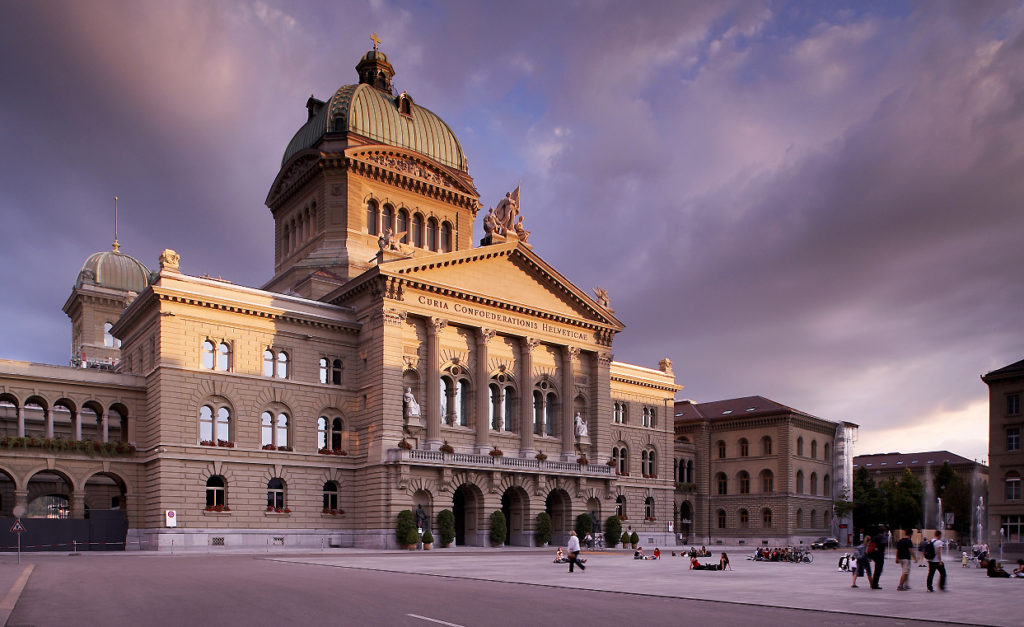
Just next door, for a splash of refined luxury, pop into Bellevue Palace Hotel. This neoclassical treasure chest is actually owned by the state and has been on the frontlines of so much history. It became a focal point of the warring powers’ diplomatic and intelligence activities in Switzerland. During World War II, one half of the restaurant came to be frequented by Allied guests and the other by patrons from Axis states. Enjoy coffee and cake on the Bellevue Terrace, soaking up the Bernese Alps on the horizon, or under the divine stained-glass dome of the lobby lounge.
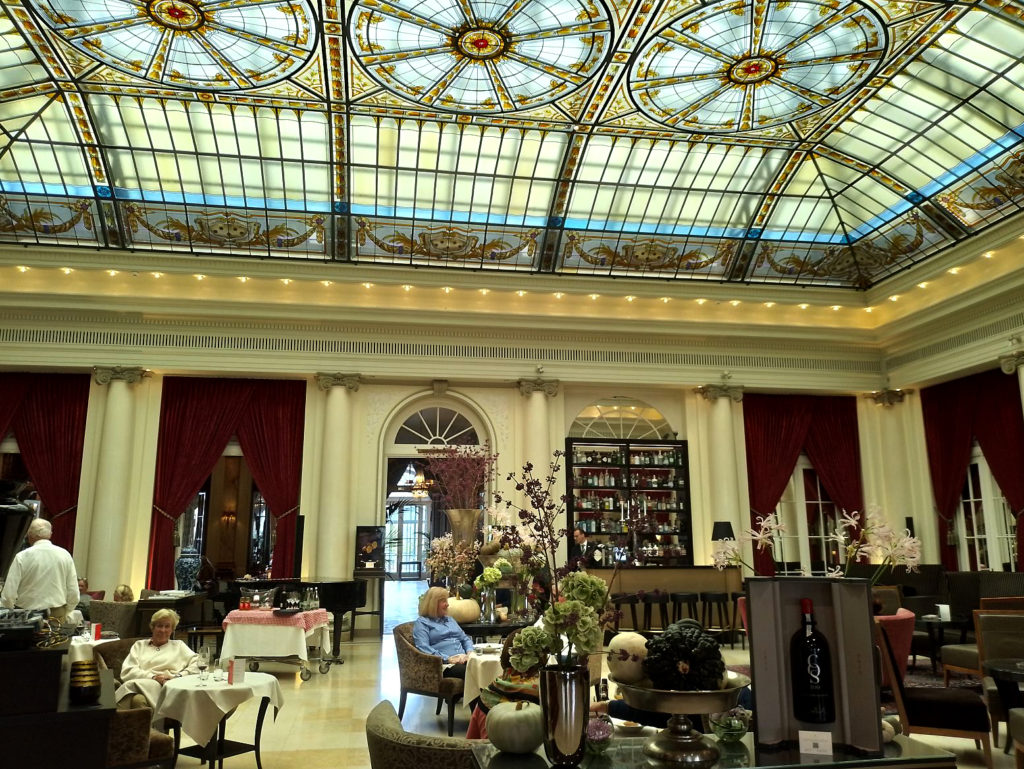
Traditions abound, particularly with their market customs. The fourth Monday of November features the centuries-old Zwiebelmarkt or Onion Market. Yes, Berne is besotted by onions. This is the city’s last big bash before winter, and residents traditionally stock up on onions in anticipation of the first snows. Vendors do a roaring trade peddling their plaited strings of onions. Naturally, onion-featuring dishes take pride of place any self-respecting restaurant menu.
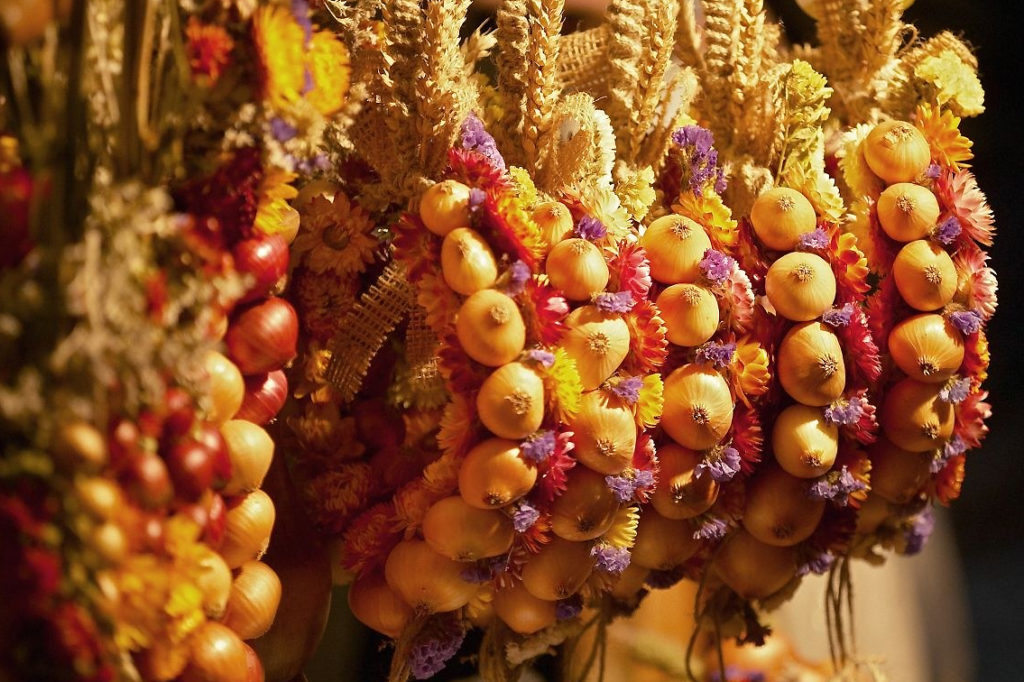
Magnificent city of fountains
Speaking of cherished pastimes in Bern, four minutes before every hour, crowds gather for the world’s oldest (since 1530) and biggest horological puppet show. (The science of measuring time.) Bern’s magnificent clock tower, the Zeitglocketurm, was built in the 12th century and restored in the 16th century. Every hour, mechanical bears, jesters, and emperors put on an animated performance. It’s a fanciful, time-honoured folly – and it doesn’t miss a beat. The historic old town is a cobweb of arcaded streets, 6 kilometers of them, reminiscent of Bologna and Turin’s arcades, and a trusty retail refuge when the heavens open. It’s one of Europe’s most arcaded cities, but even more intriguing is the network of underground businesses, below those covered promenades. Small wooden slat doors are open on the street for those who want to venture down into cave-like neat dwellings, housing all manner of boutiques, bars and cafes.
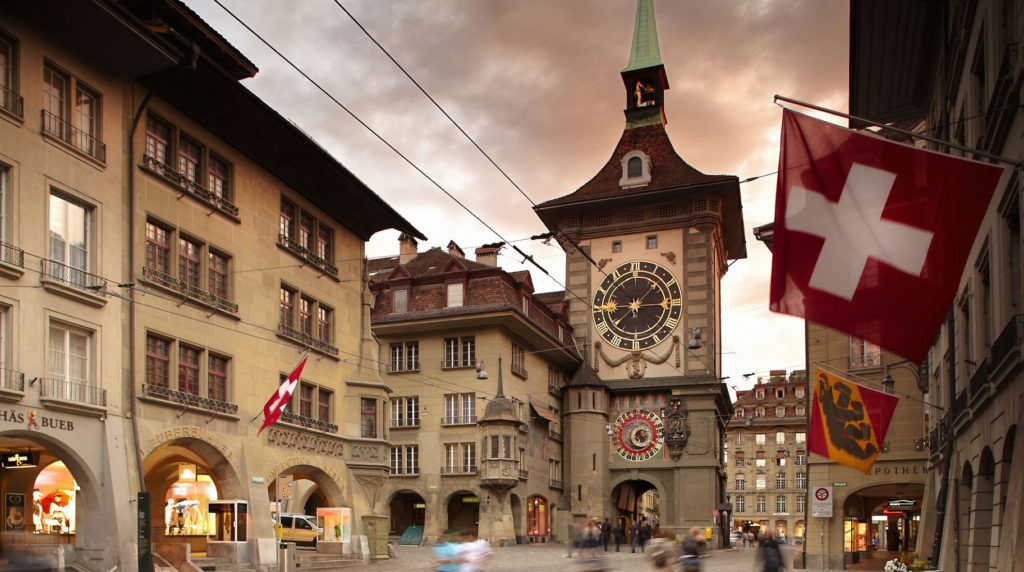
Fill your Insta feed with shots of the splendid sequence of character-crowned water fountains, liberally speckled across the historic district. Considered the City of Water, in Kornhausplatz, there’s the Ogre Fountain, which is a representation of a freaky carnival figure, seemingly swallowing a small child, erected in 1544. In Barenplatz, the Bagpiper Fountain, proudly adorned with a piper, erected around the same time.
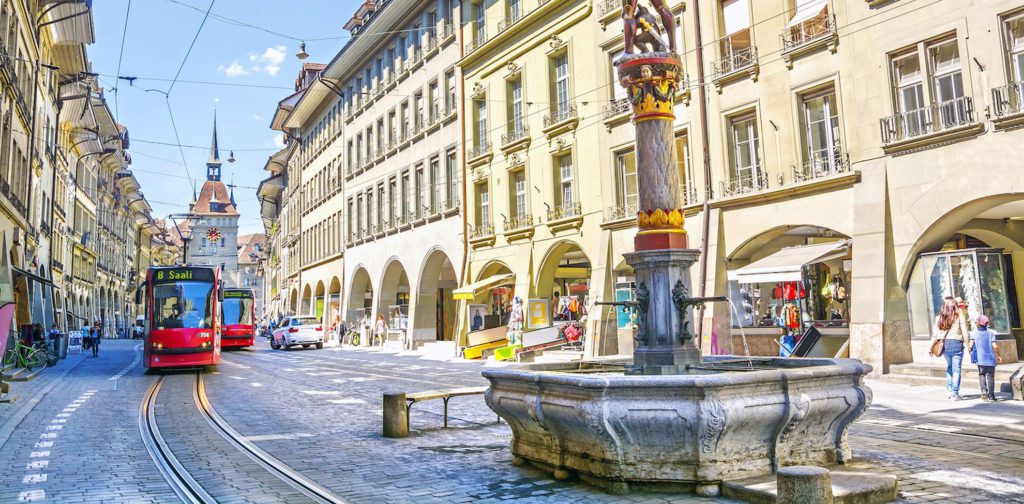
In 2007, the one million dollar cost of removing this statue from its pedestal for renovation caused a storm of ridicule. Just down from the Clock Tower, the Zähringer Fountain pays homage to the city founder, Berchtold von Zähringen. Here you can see the Bern bear, mascot of the city, along with the Zähringer coat of arms – erected in 1535. A few doors down the main street of Kramgasse, my favourite fountain – the Samson Fountain, an enduring allegory of strength. The crowds routinely swell outside 49 Karmgrasse, which is Albert Einstein’s House. He lived in Bern when he discovered and published his Theory of Relativity. Satisfy your inner-geek sensibilities and walk through his apartment, which has been well preserved and retains its period furnishings. Einstein came to Switzerland when he was just 16 years old and continued to study here, publishing 32 scientific papers and being awarded the Nobel Prize.
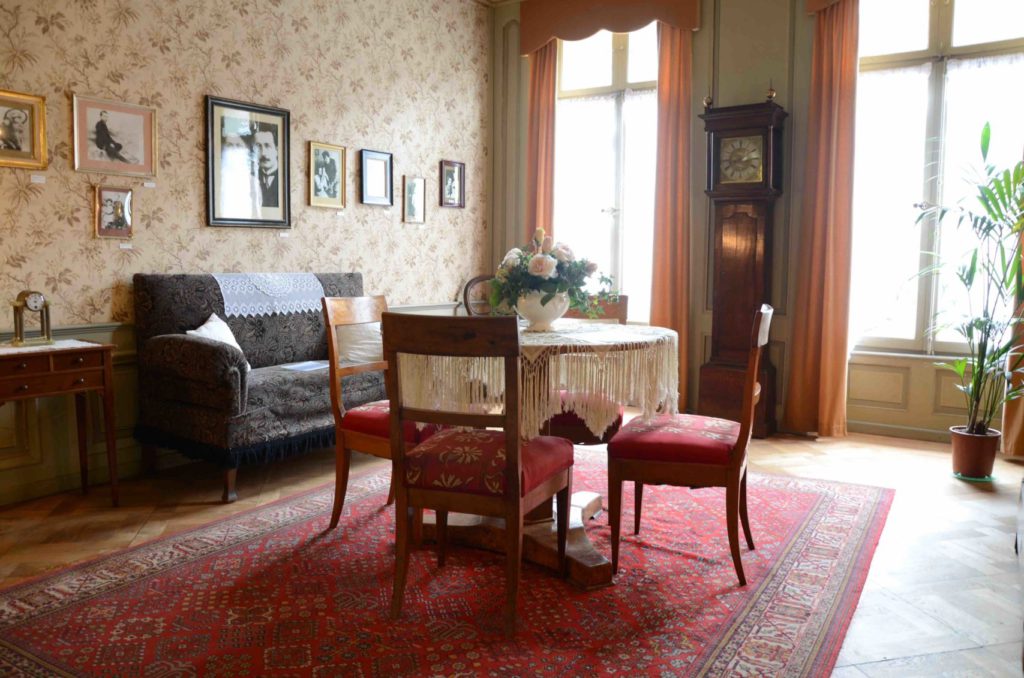
On board one of Europe’s fastest cable trains
I enjoyed elevated views and the you’ll enjoy a serious panoramic fix, on the belvedere which crowns Mount Gurten. Zipping you up 844 metres, the summit includes a children’s playground, a network of hiking trails and panoramas that sweep out over the surrounding mountains and valleys. The belvedere is accessible just out of Bern via the Gurtenbahn, a cable train that’s one of the fastest in Europe.
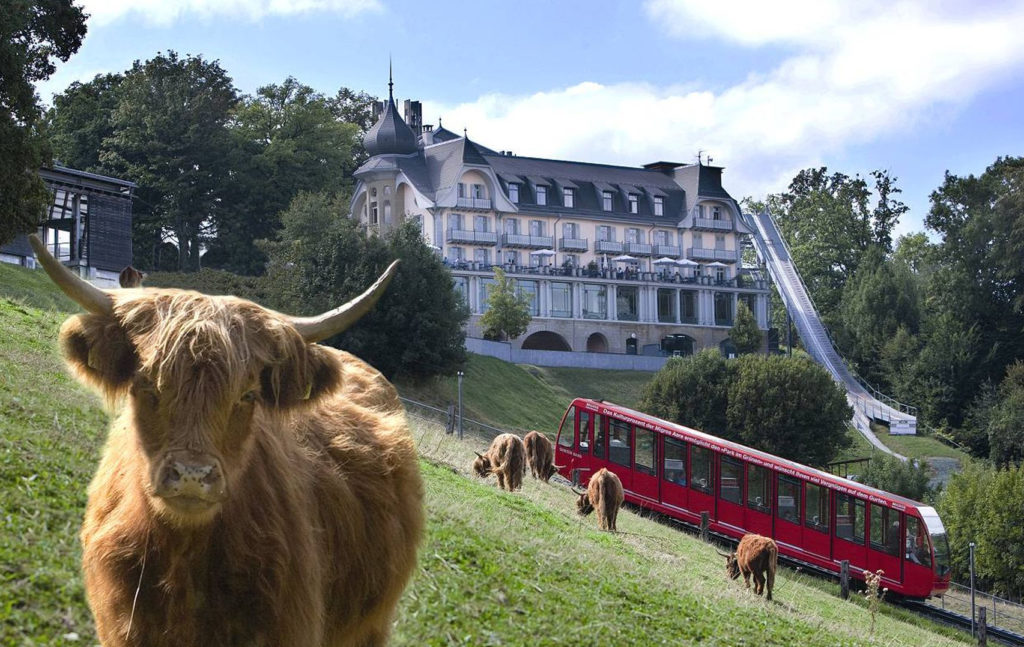
Globus Touring
I travelled to Bern with leading escorted tour company Globus, on their week-long tour, Alps out Loud: Switzerland & Lake Como by Design. Globus ensures all logistics are taken care of, the accommodation was excellent, and local expert guides lead the way, by enriching the experience with their commanding insights. Our local guide in Bern was an absorbing raconteur, bringing to life the rich heritage of the Swiss capital. Our fabulously unflappable and engaging tour director Mike was the human glue that seamlessly stitched our wonderful touring experience together, with commanding insights and a trove of in-the-know recommendations, wherever we happened to be. In addition to providing guided sightseeing at the must-see sights, Choice Touring by Globus is a recent innovation to their repertoire, acknowledging that one size doesn’t fit all.
Choice Excursions
YourChoice Excursions are a selection of curated experiences in key and off-the-beaten path destinations, all included in the package price, so you can tailor your tour to accentuate what arouses your interest and passion. It’s a brilliant initiative. Savour the Choice Touring by Globus experience for yourself. 2023 departures on the 8 day The Alps Out Loud: Switzerland & Lake Como by Design tour, are priced at $3,899 per person. That includes Touring by private, air-conditioned motorcoach, outstanding excursions, some meals, 7 nights first-class hotel accommodation, hotel taxes, porterage, tips and service charges. You’ll also earn 3,899 Qantas Points.
Also read: Swiss Riviera’s Sensational Charms

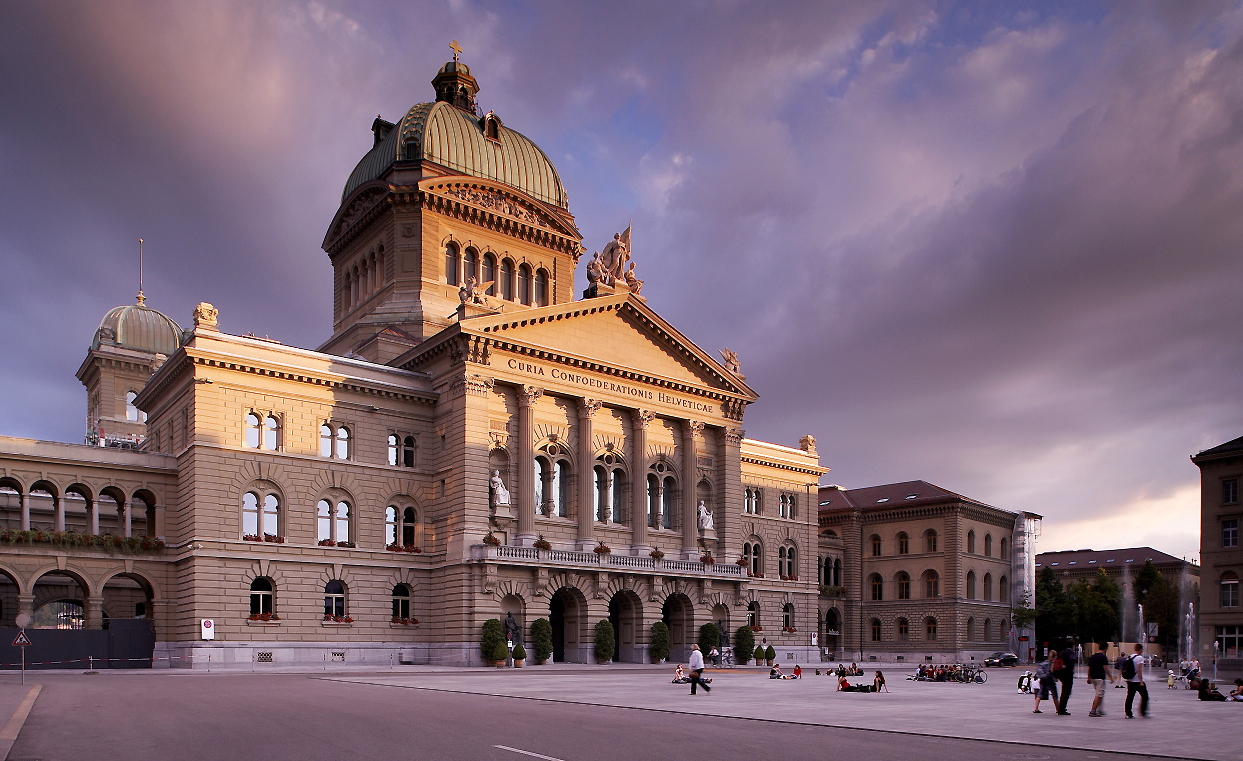
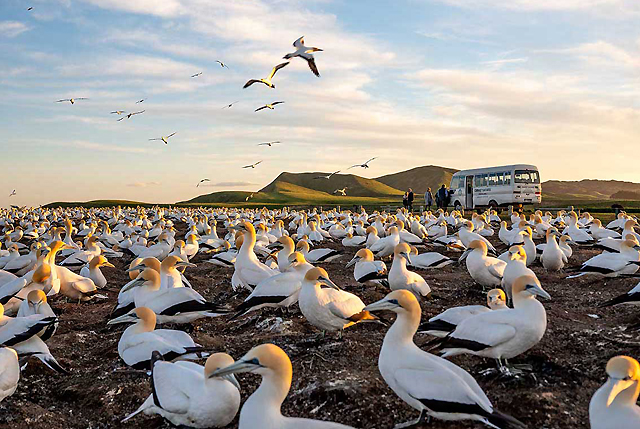
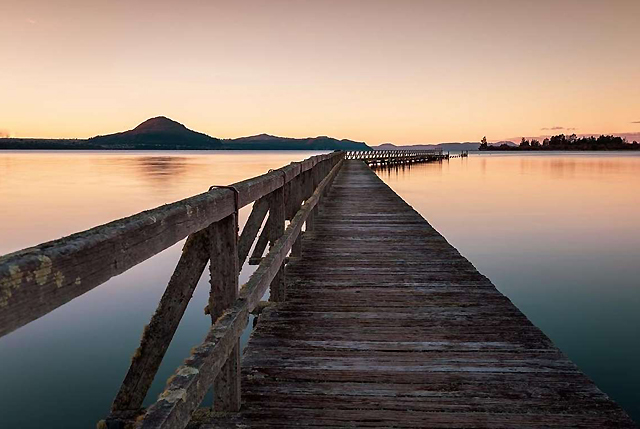
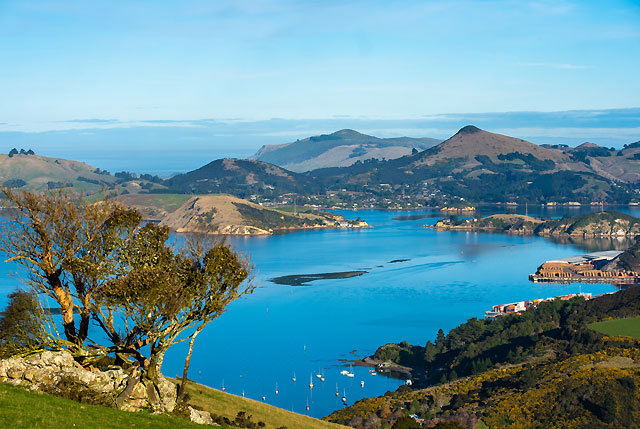
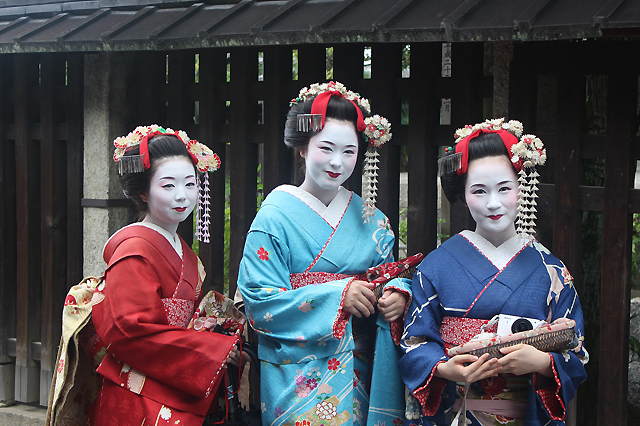
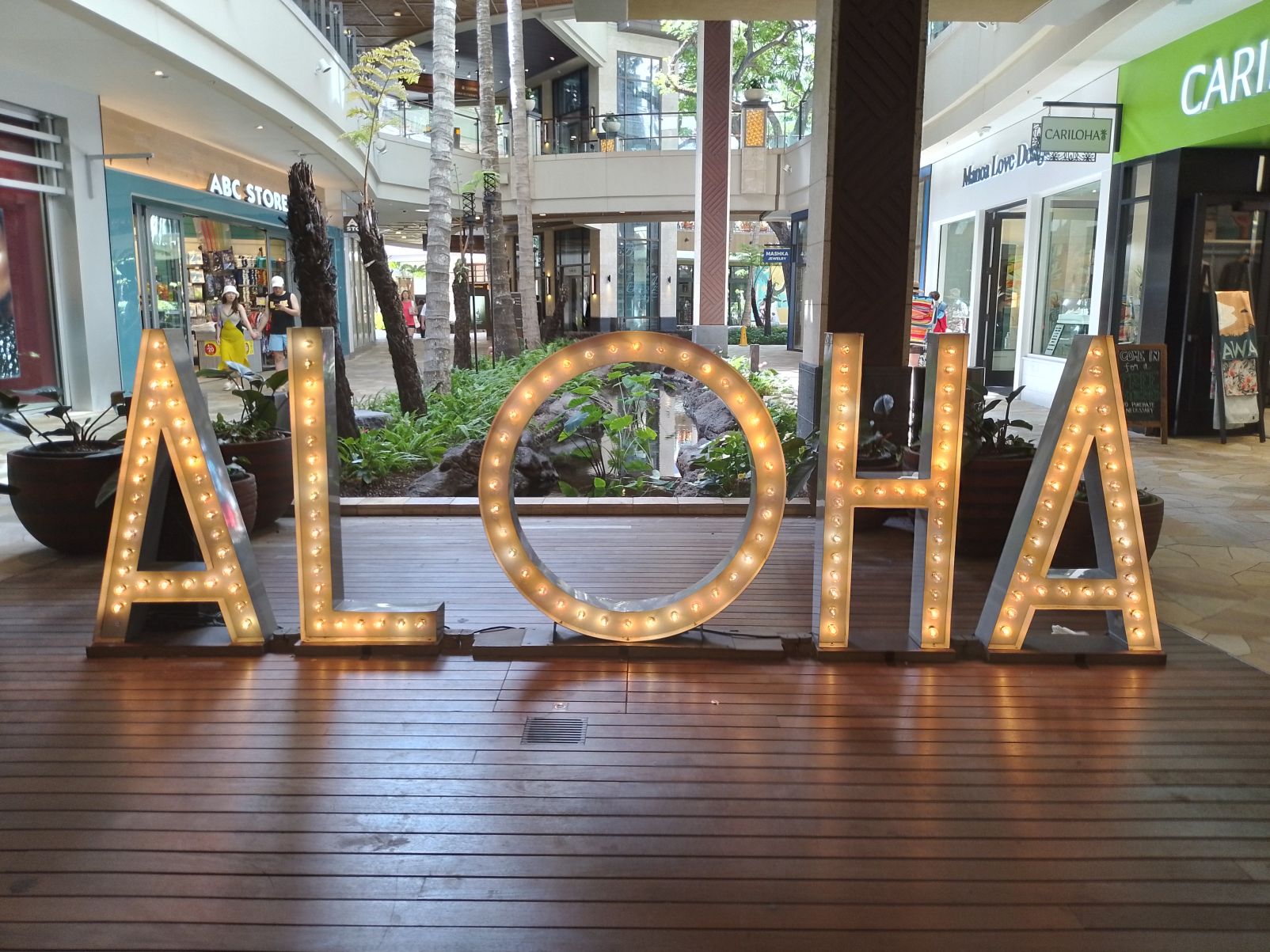
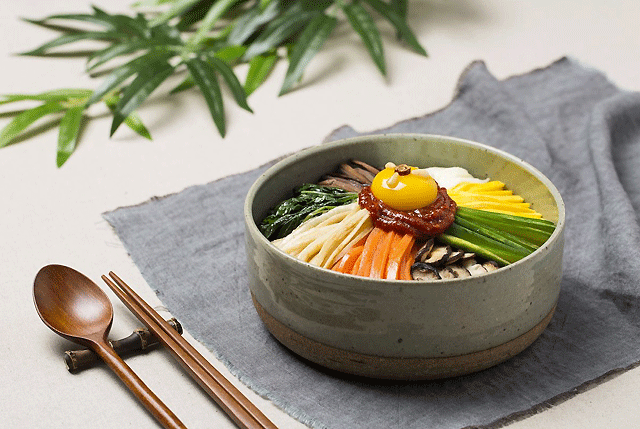
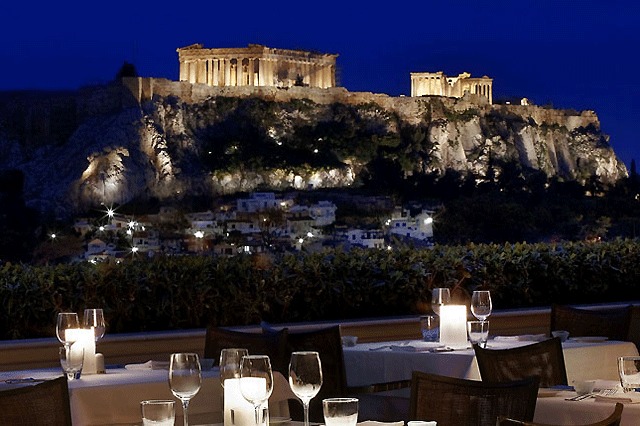
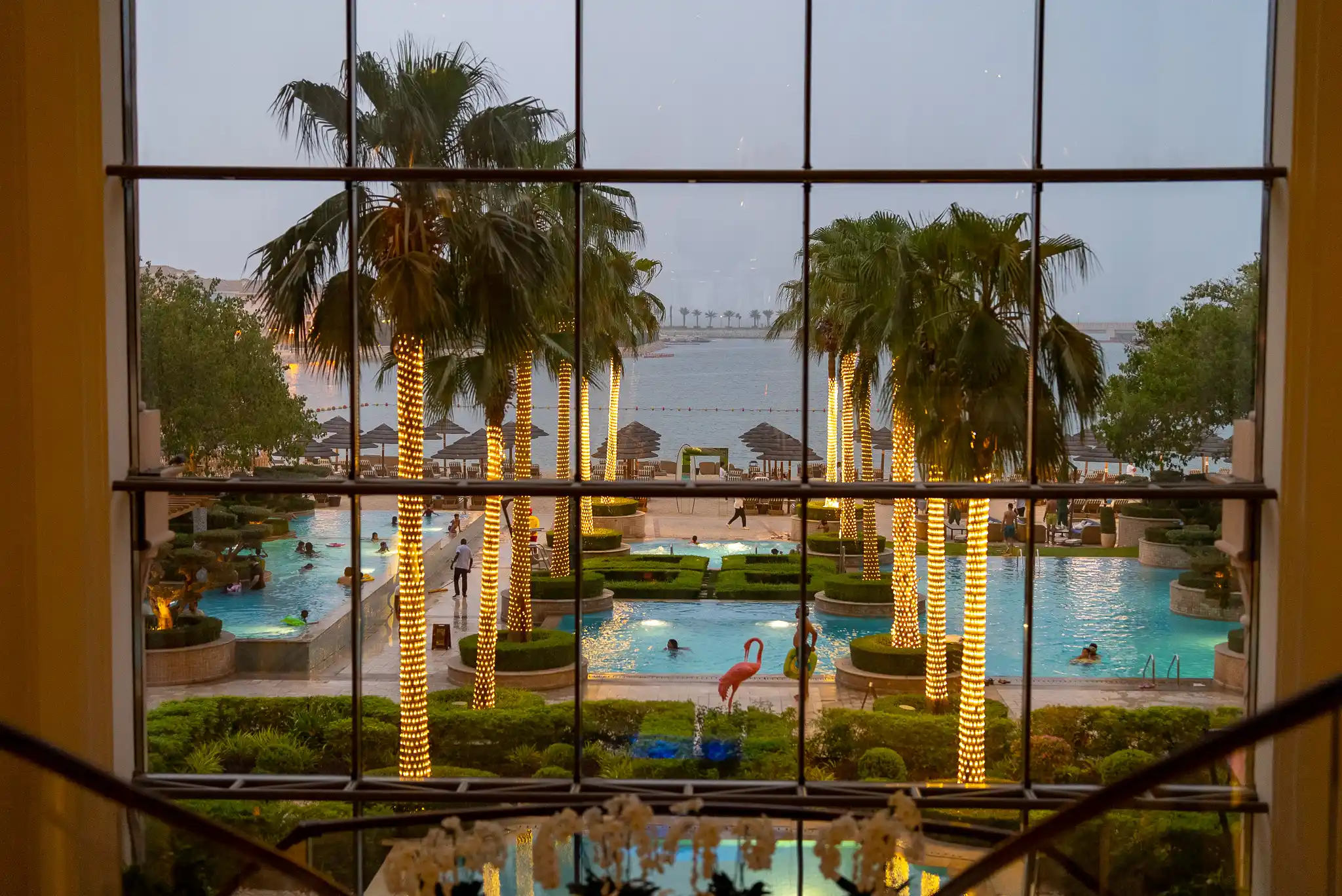
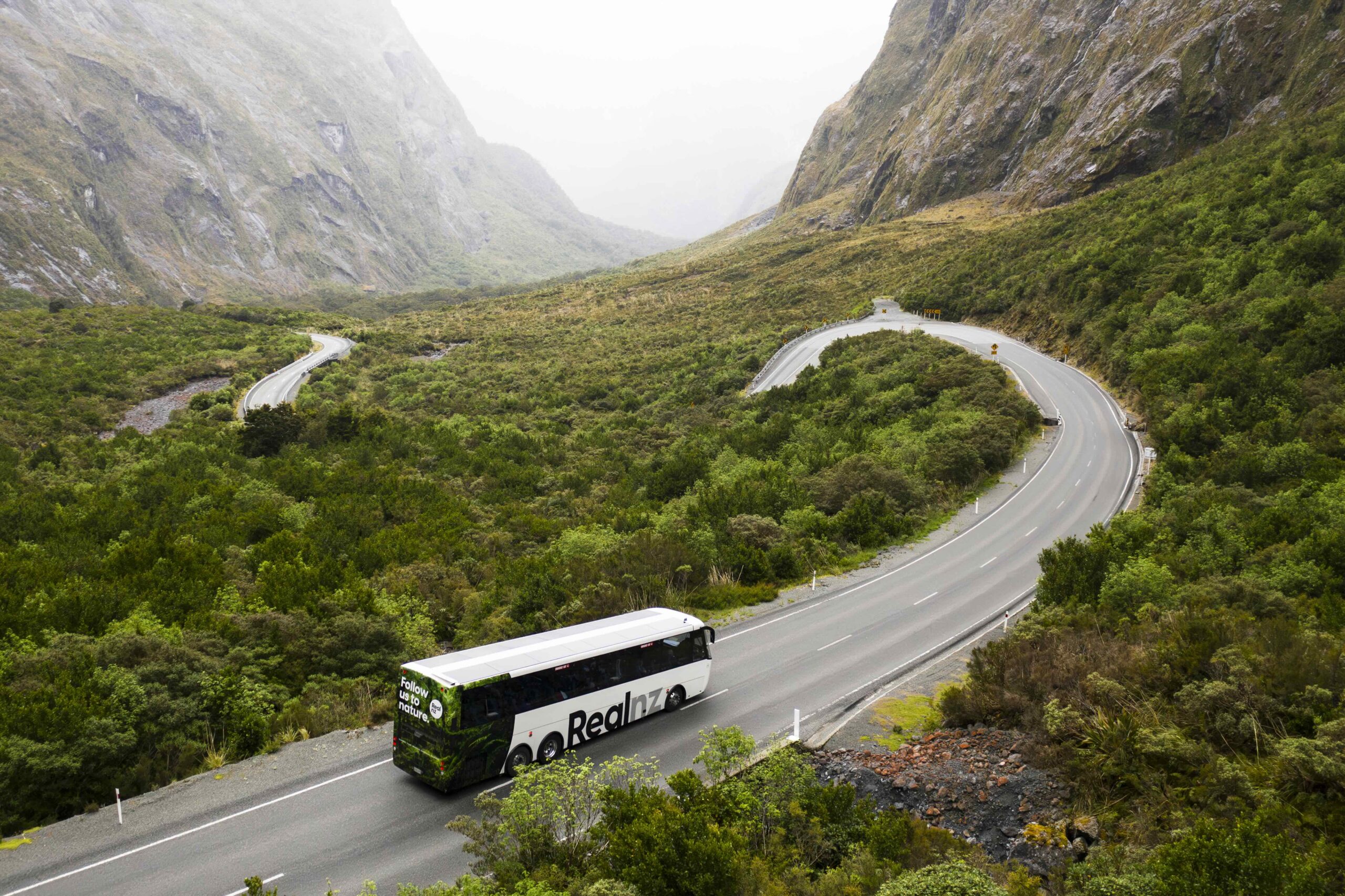
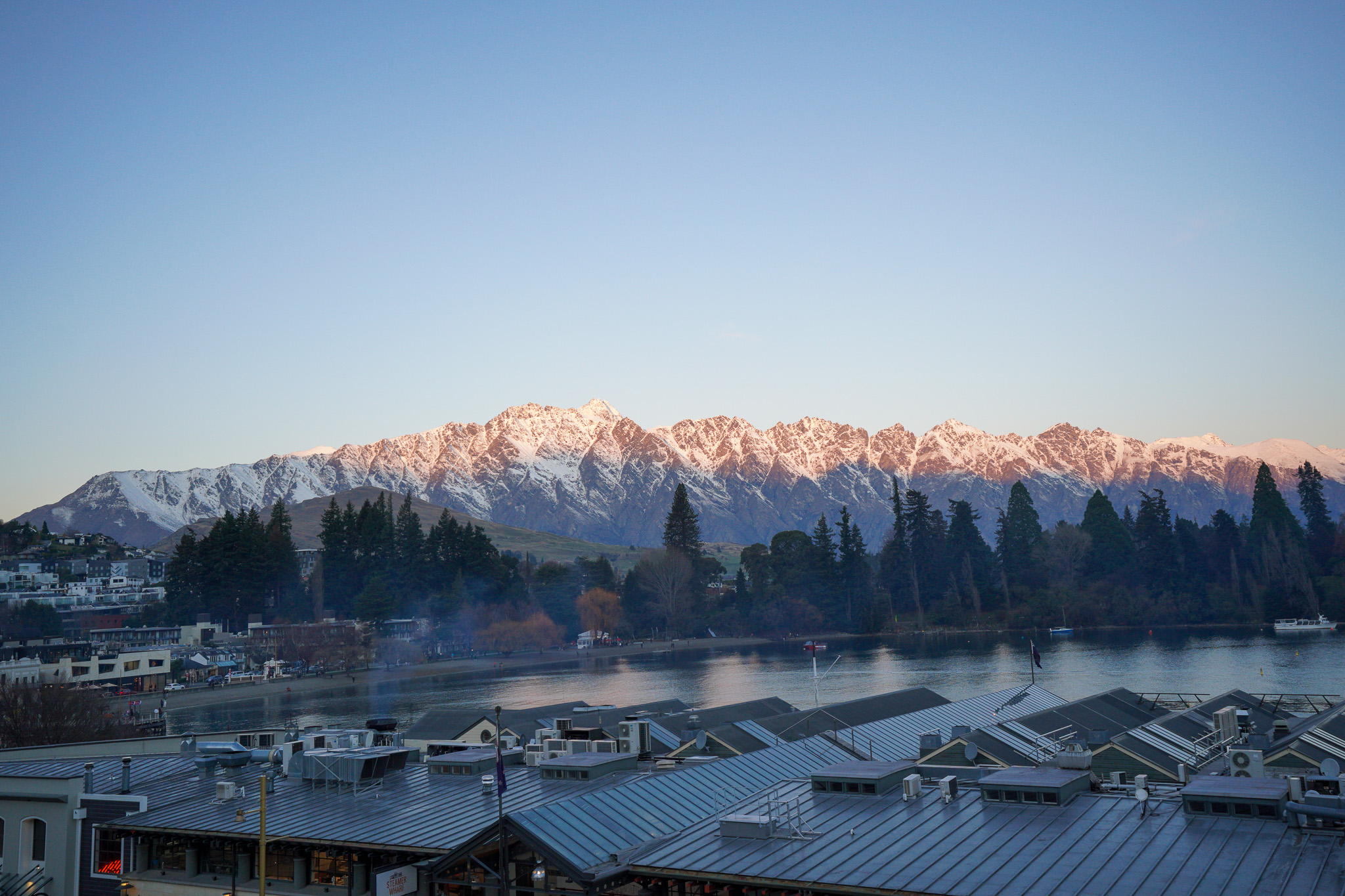

Recent Comments